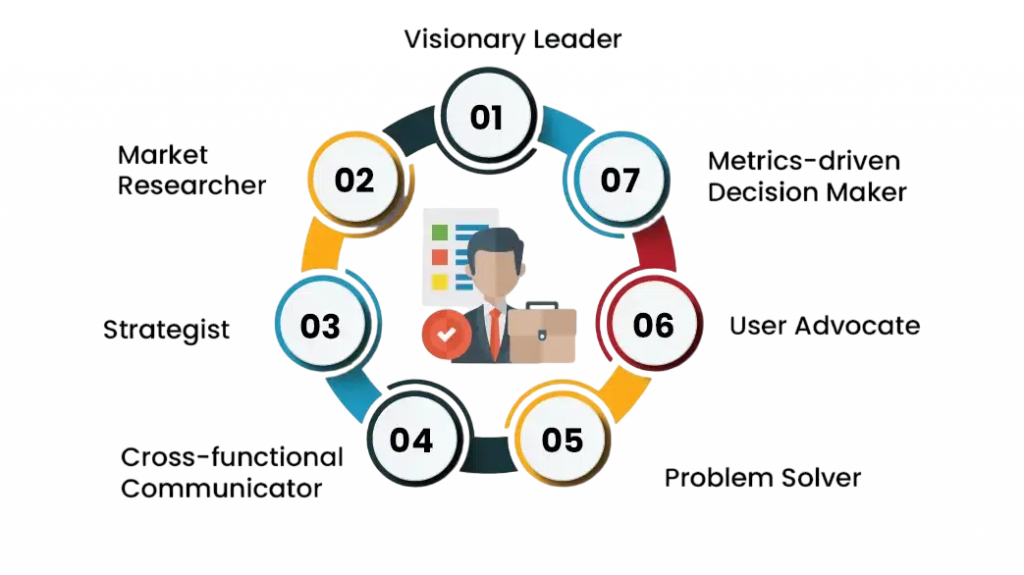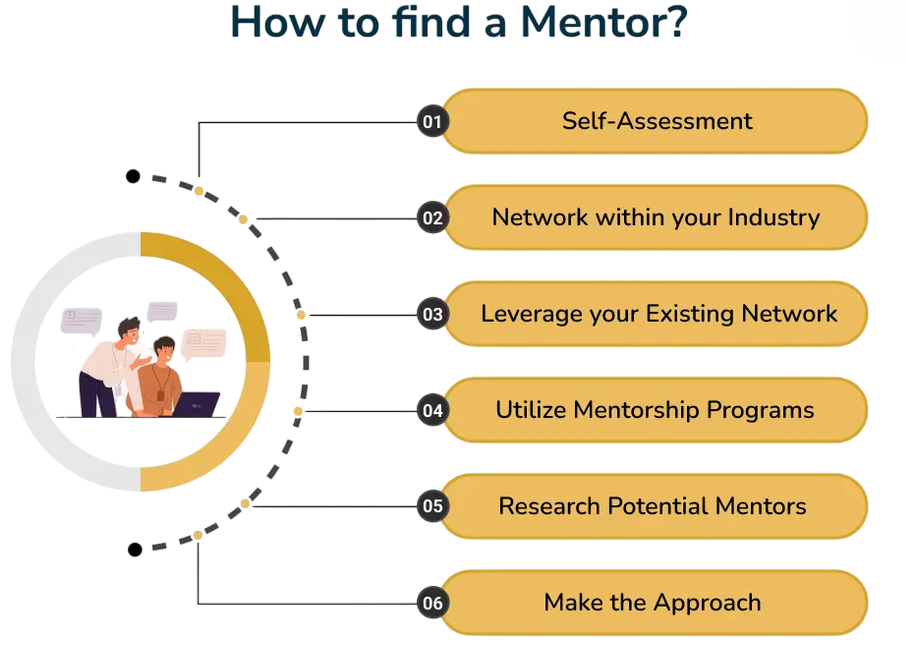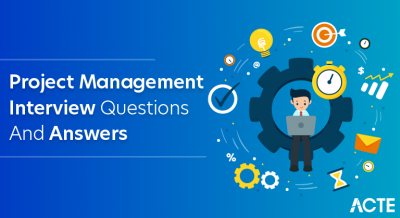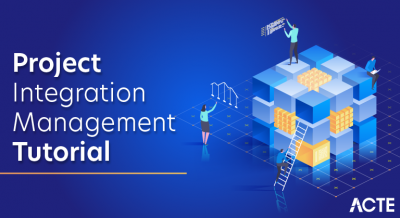
- Journey Before the Shift
- Consulting Landscape Today
- Why Career Transformation Was Needed
- Upskilling with Data and Cloud Technologies
- Switching to Product-Based Roles
- New-Age Skills That Made a Difference
- Impact of Certifications and Courses
- Networking and Industry Mentors
- Challenges During Transition
- Current Role and Responsibilities
- Career Growth and Satisfaction
- Advice for Other Mid-Career Professionals
Journey Before the Shift
Before the transformative shift into the tech-forward roles of today, I spent more than a decade immersed in traditional consulting. My career began in the early 2010s, a period dominated by on-premise solutions, waterfall project management, and hierarchical corporate structures. I had the opportunity to work with multiple enterprise clients, leading implementation projects and advising on strategic decisions. To formalize and elevate such experience into globally recognized credentials, explore PMP Training a professional guide that equips project leaders with standardized methodologies, certification pathways, and tools to thrive in modern delivery environments. My expertise in legacy ERP systems, client relationship management, and business process optimization helped me grow in the consulting world. Yet, somewhere along the way, the spark started to fade. The predictability of work and the lack of technological innovation in my role left me feeling stagnant.
To Explore PMP in Depth, Check Out Our Comprehensive PMP Certification Training To Gain Insights From Our Experts!
Consulting Landscape Today
The consulting landscape has undergone a dramatic evolution in the past few years. Today, it’s driven by digital transformation, agile methodologies, and rapid technological adoption. Cloud computing, artificial intelligence, and data analytics are no longer buzzwords; they are the core of modern consulting practices. To lead innovation in this tech-driven landscape, explore Product Management a curated course guide that equips professionals with the skills to define vision, prioritize features, and deliver customer-centric solutions across dynamic markets. Clients expect consultants to bring not only domain knowledge but also technological acumen and innovative thinking. The pressure to stay current is immense, and consulting firms are racing to upskill their workforce to meet these changing demands. While the industry remains lucrative and intellectually stimulating, it now demands a different set of skills and mindset.
Why Career Transformation Was Needed
- For me, the tipping point came during a large-scale digital transformation project. While younger colleagues seamlessly integrated cloud solutions and data platforms, I found myself relying on outdated methods. My confidence began to waver. I realized that if I didn’t evolve.
- I risked becoming irrelevant in a world where innovation is the currency of growth. The more I observed the trajectories of peers who embraced change, the more I understood that transformation was not just beneficial, it was essential. Staying within my comfort zone was no longer an option.
- I began my upskilling journey by enrolling in foundational courses on cloud computing platforms like AWS, Microsoft Azure, and Google Cloud. I supplemented these with certifications in data analytics, particularly focusing on Power BI, SQL, and Python. It wasn’t easy. Balancing a full-time job with evening courses and weekend labs required immense discipline.
- But as I progressed, I began to see the fruits of my labor. My understanding of data models, ETL processes, and cloud infrastructure grew significantly. I also explored DevOps tools and automation technologies, realizing how interconnected modern tech stacks had become.
- Certifications played a crucial role in building credibility during the transition. My Azure Data Engineer certification and AWS Solutions Architect Associate badge opened new doors. Recruiters began to notice my updated LinkedIn profile. During interviews, I could confidently speak about modern technologies and reference hands-on projects.
- I completed as part of my coursework. Online platforms like Coursera, Udemy, and LinkedIn Learning became my go-to resources. These certifications didn’t just improve my knowledge, they showed potential employers that I was serious about the shift.
- One of the most underrated aspects of my journey was networking. I began attending meetups, webinars, and tech conferences. I reached out to alumni from my university and former colleagues who had successfully transitioned. Their insights were invaluable.
- Some became mentors, guiding me through resume tweaks, mock interviews, and even referring me for roles. Platforms like GitHub and Stack Overflow also helped me build a presence in the tech community. I realized that building a personal brand was as important as building skills.
- The transformation has led to unprecedented growth and satisfaction. Professionally, I’m on a steeper learning curve than ever before. The impact of my work is tangible, I see features I helped build being used by thousands of users.
- To understand how strategic campaigns can drive such outcomes, explore Case Study on Marketing Management a real-world breakdown of how data, creativity, and execution converge to deliver measurable business impact.
- Financially, the shift to a product role has also been rewarding. More importantly, I feel intellectually stimulated and aligned with the fast-paced evolution of the tech world. The journey has reignited my passion and restored my sense of purpose.
Are You Interested in Learning More About PMP? Sign Up For Our PMP Certification Training Today!
Upskilling with Data and Cloud Technologies
Switching to Product-Based Roles
The real transformation occurred when I made the leap from a services-based consulting firm to a product-based company. The shift was both exhilarating and intimidating. Product roles demand a long-term vision, deep customer empathy, and relentless focus on value delivery. To strengthen my leadership and delivery skills in this new environment, I turned to PMP Training a structured program that equips professionals with globally recognized project management practices, agile frameworks, and stakeholder alignment strategies.

Unlike consulting projects with defined end dates, product development is continuous and iterative. I joined a SaaS-based startup as a product manager with a focus on data integration. Here, I applied my consulting background in understanding business needs while leveraging my newly acquired tech skills to guide product development. The blend of business and technology proved to be my unique advantage.
Are You Preparing for PMP Jobs? Check Out ACTE’s Project Management Interview Questions & Answer to Boost Your Preparation!
New-Age Skills That Made a Difference
In the product world, certain skills made all the difference. Agile and Scrum methodologies helped me manage cross-functional teams. My knowledge of user experience (UX) design allowed me to collaborate more effectively with designers. Understanding data architecture and APIs enabled meaningful conversations with developers. To align these cross-functional skills with strategic leadership, explore Core Functions of Management a foundational guide that explains planning, organizing, leading, and controlling as key pillars for driving performance across technical and creative teams. I also honed my storytelling skills, presenting data-driven insights to stakeholders became a regular part of my role. Emotional intelligence, adaptability, and a growth mindset were equally important. The ability to unlearn and relearn became my greatest asset.
Impact of Certifications and Courses
Are You Considering Pursuing a Master’s Degree in PMP? Enroll in the PMP Masters Program Training Course Today!
Networking and Industry Mentors

Challenges During Transition
Challenges During Transition The journey wasn’t without its setbacks. There were moments of self-doubt, especially when faced with imposter syndrome in highly technical meetings. Some recruiters viewed me as “too experienced” or questioned my shift in focus. I also faced financial constraints while taking unpaid time off for learning. To navigate such challenges and understand what truly works in talent acquisition, explore Effective Methods of Recruitment a practical guide that outlines proven strategies, modern sourcing techniques, and how to align hiring practices with evolving career paths. Rejections became common, but each one taught me something new. I learned to tailor my narrative, emphasizing my hybrid background and how it added value. My family’s support and encouragement were crucial during this phase.
Current Role and Responsibilities
Today, I serve as a Senior Product Manager at a leading cloud-native enterprise. My role involves working at the intersection of business, technology, and user experience. I lead a team of developers, analysts, and designers to build data-driven products that solve real business problems. My day-to-day involves backlog grooming, sprint planning, stakeholder alignment, and product roadmapping. To sharpen these practices and drive consistent delivery, explore Set You Up For Success In Project a tactical guide that outlines essential rules, mindset shifts, and execution strategies for leading high-impact initiatives. I also mentor junior team members and contribute to the company’s strategic vision. It’s a role that challenges and fulfills me in equal measure.
Career Growth and Satisfaction
Advice for Other Mid-Career Professionals
To those contemplating a similar shift, my advice is simple: start small but start now. Identify your gaps and take actionable steps to bridge them. Don’t fear reinvention; it’s never too late to change lanes. Be curious, stay consistent, and surround yourself with people who uplift you. Leverage online learning, build a portfolio, and don’t hesitate to seek help. To formalize your growth and lead with confidence, explore PMP Training a structured program that equips aspiring professionals with globally recognized project management skills, certification pathways, and leadership strategies for career transformation. The road is tough, but the rewards are worth it. Your experience is not a limitation, it’s your unique differentiator. Mid-career transformation is less about abandoning the past and more about evolving it. The future belongs to those who can blend domain expertise with technological agility. If I could do it, so can you.





